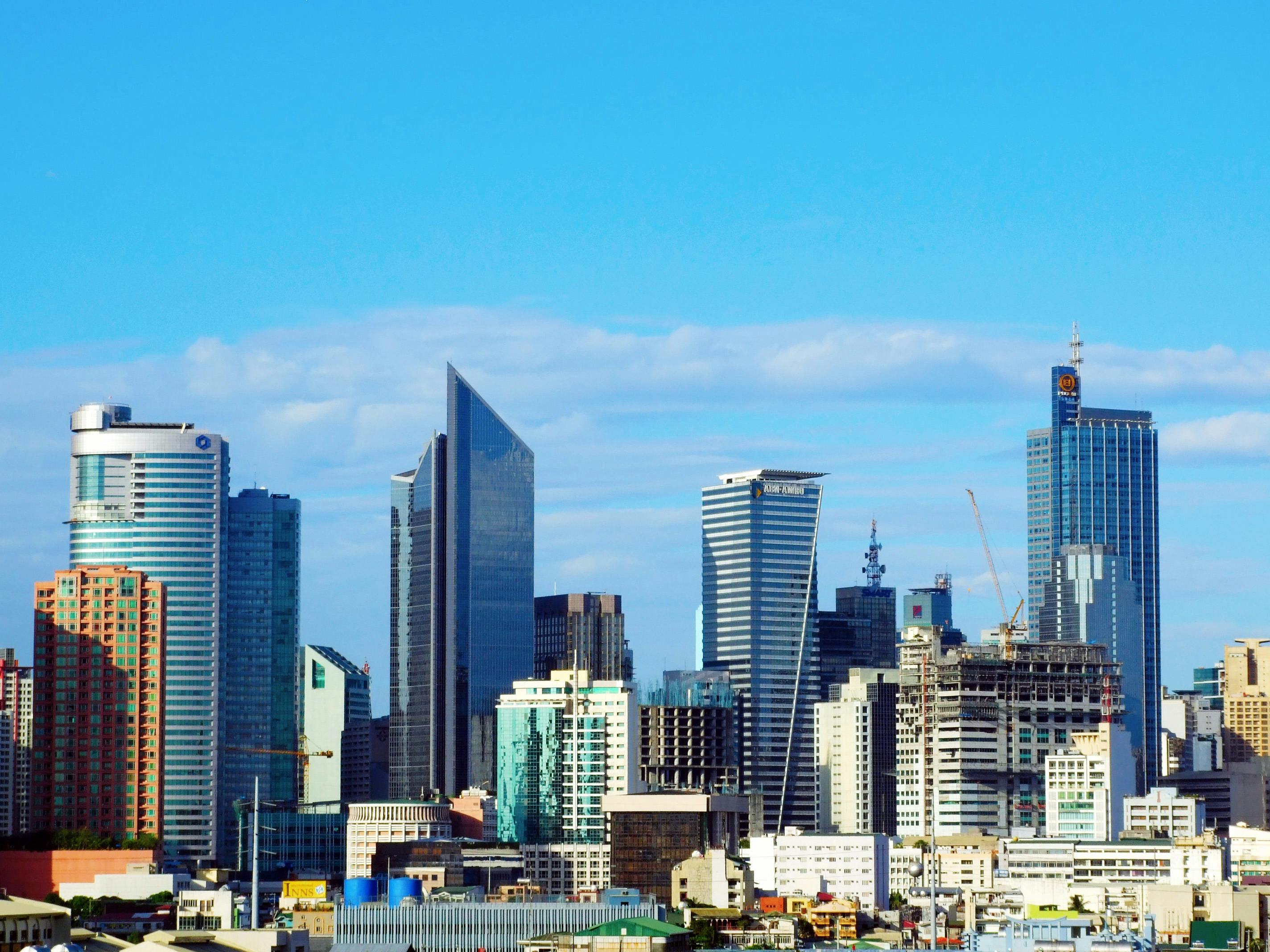The Emerging Giant of Southeast Asia
For companies eyeing growth in the Asia-Pacific region, the Philippines presents a compelling case. With its strategic geographic location, competitive labor market, strong English proficiency, and increasingly favorable business climate, the country is becoming a key player in global expansion strategies. As foreign investments in the region continue to rise, the Philippines offers both emerging market potential and a reliable springboard into other Asian economies.
From outsourcing to regional headquarters, multinational companies are leveraging the Philippines’ strengths to establish and scale operations efficiently. But what makes this archipelago of over 7,000 islands truly strategic for global expansion?
1. Strategic Location in the Heart of Asia
Geographically positioned in Southeast Asia, the Philippines serves as a natural gateway to both East and South Asia. Within a four-hour flight radius are major cities like Hong Kong, Tokyo, Seoul, Singapore, and Jakarta. This central location is ideal for businesses that need regional access across multiple time zones.
The country’s trade and economic partnerships further enhance this advantage. As a member of ASEAN and a participant in the Regional Comprehensive Economic Partnership (RCEP), the Philippines offers access to a market of over 2.2 billion people.

2. Competitive and Skilled Workforce
One of the country’s strongest assets is its young, educated, and highly skilled workforce. With a median age of 25.7 years and a literacy rate of 98.2%, the Philippines is home to a labor pool that is both tech-savvy and service-oriented.
English proficiency is another key factor. Ranked 2nd in Asia and 20th globally in English proficiency, the Philippines ensures seamless communication for multinational companies (EF English Proficiency Index). This makes it particularly attractive for outsourcing, customer support, and regional managerial roles.
3. Government Reforms and Investment Incentives
The Philippine government has been proactively improving its business environment through policy reforms and tax incentives. The Corporate Recovery and Tax Incentives for Enterprises (CREATE) Act significantly reduced corporate income tax rates and introduced performance-based incentives.
Foreign ownership is also more liberalized under the revised Foreign Investments Act and Retail Trade Liberalization Law. These changes align the Philippines with global standards and offer more flexible terms for international investors.

4. Thriving Business Ecosystem and Infrastructure Growth
Urban centers like Metro Manila, Cebu, Clark, and Davao are quickly transforming into global business hubs with robust infrastructure, co-working spaces, and smart city development projects. The "Build, Build, Build" program and public-private partnerships (PPP) continue to modernize transportation, logistics, and digital infrastructure.
This modernization significantly reduces operational bottlenecks and improves ease of doing business—factors crucial for global firms setting up new branches or regional headquarters.
5. Rising Middle Class and Domestic Market Potential
The country’s growing middle class and increasing disposable income create opportunities not just for B2B but also for B2C companies. With over 110 million people and a rapidly digitizing population, the Philippines is becoming an attractive consumer market, especially in sectors like e-commerce, fintech, healthcare, and education technology.
Mobile internet penetration and e-wallet adoption continue to rise, making the country fertile ground for digital and tech-based services.

Real-World Success Stories and Growing Sectors
Global firms like JPMorgan Chase, Accenture, Canva, and Amazon have all expanded operations in the Philippines—demonstrating strong confidence in the local business climate.
High-growth sectors where global players are entering include:
- Business Process Outsourcing (BPO)
- Information Technology (IT) and Fintech
- Renewable Energy and Green Tech
- Health and Education Services
- Logistics and eCommerce Platforms
These trends make now an opportune time to explore expansion in the Philippines, especially with supportive government policies and an increasingly digital-savvy market.
Seize the Philippines Advantage: How We Can Support Your Expansion
At Alegra Consultancy, we specialize in supporting startups and SMBs planning to enter or scale in the Philippine market. Our team of business advisors, accountants, and compliance experts ensures you have a local partner well-versed in:
- Business registration and entity structuring
- Tax planning and regulatory compliance
- Accounting and bookkeeping services
- Fractional CFO and strategic financial advisory
- Local HR, payroll, and labor law compliance
Whether you're from Singapore looking to open a satellite office in Manila, or a US tech startup wanting to outsource operations, we provide the local insights and back-office support to help you minimize risk and maximize return.
Our services are tailored for international firms from countries like the US, Canada, UK, India, and Australia, where we understand the unique cross-border compliance needs.
Let’s connect and explore how we can help your business grow in the Philippines and beyond.

